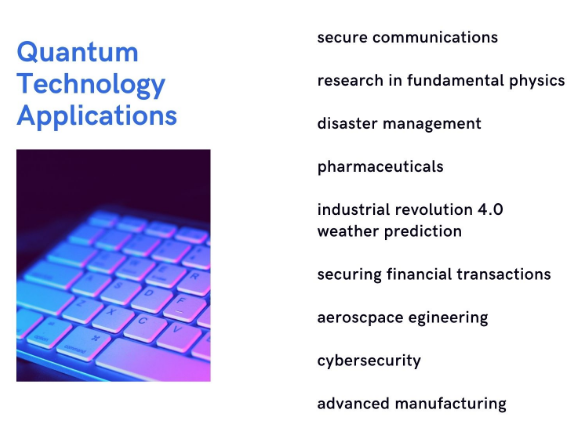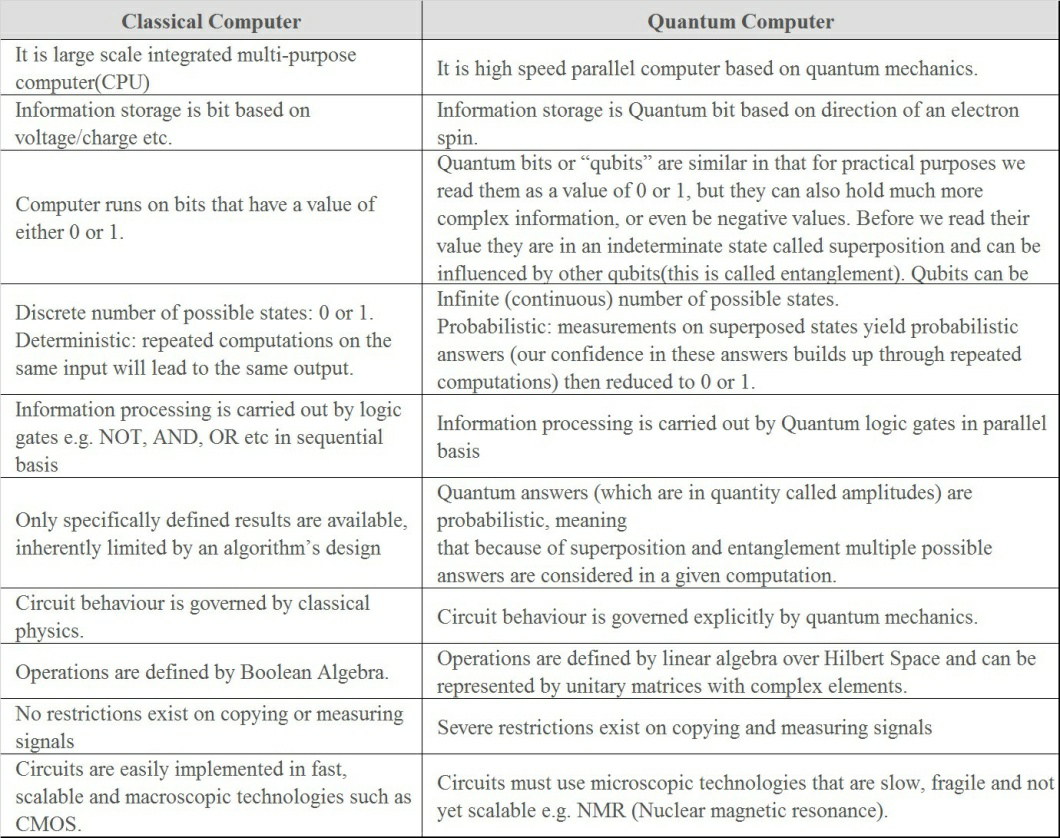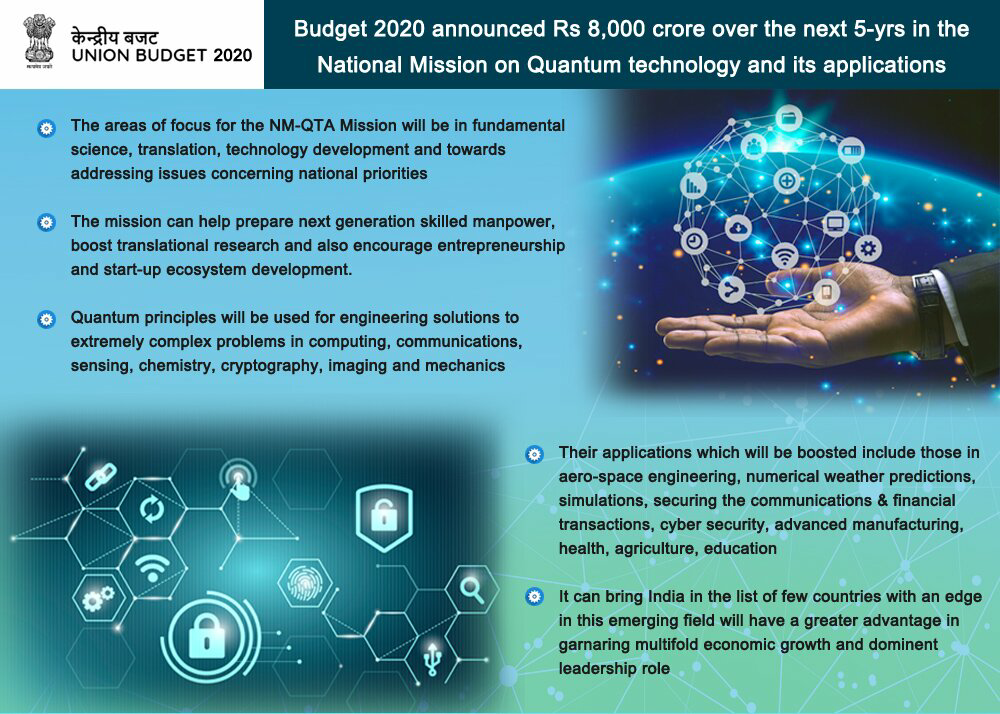Description

Disclaimer: Copyright infringement not intended
Context
- The Indian Army, with support from the National Security Council Secretariat (NSCS) has recently established the Quantum Lab at Military College of Telecommunication Engineering (MCTE), Mhow (MP) to spearhead research and training in this key developing field.
- Key thrust areas are Quantum Key Distribution, Quantum Communication, Quantum Computing and Post Quantum Cryptography.
Understanding Quantum Mechanics
- Quantum mechanics is a fundamental theory in physics that provides a description of the physical properties of nature at the scale of atoms and subatomic particles.
- It is the foundation of all quantum physics including quantum chemistry, quantum field theory, quantum technology, and quantum information science.
- Classical physics, the collection of theories that existed before the advent of quantum mechanics, describes many aspects of nature at an ordinary (macroscopic) scale, but is not sufficient for describing them at small (atomic and subatomic) scales.
- Quantum mechanics allows the calculation of properties and behaviour of physical systems.
- It is typically applied to microscopic systems: molecules, atoms and sub-atomic particles.
- Predictions of quantum mechanics have been verified experimentally to an extremely high degree of accuracy.
- A fundamental feature of the theory is that it usually cannot predict with certainty what will happen, but only give probabilities.
- Objects have characteristics of both particles and waves (wave-particle duality), and there are limits to how accurately the value of a physical quantity can be predicted prior to its measurement, given a complete set of initial conditions (the uncertainty principle).

India’s Efforts
- The Department of Science and Technology launched the Quantum-Enabled Science and Technology (QuEST) initiative to invest INR 80 crores to lay out infrastructure and to facilitate research in the field.
- Ministry of Electronics and Information Technology (MeitY) launched the ‘Quantum Computer Simulator (QSim) Toolkit’ to provide the first quantum development environment to academicians, industry professionals, students, and the scientific community in India.
- The digital partnership between the Indian Institute of Science Education and Research (IISER) at Pune and Finland’s Aalto University has created a high probability of getting its first quantum computer.

Significance
- Developments in quantum computing will help this 1.3 billion-plus populated nation realise future expectations of various fields, including IT, health, ed-tech, finance, security, research, and many more.
- Constant investment in R&D, autonomy, and hunger for new technologies hold the key to better prospects.
- Quantum computers are unbeatable when it comes to solving optimisation problems with relevance in a variety of applications, from alleviating climate change to finding the best routes to a certain destination, or even when it comes to scheduling flights at airports.

Way Ahead
- Entrepreneurship, innovation, university courses at all levels, scholarships, fellowships, training programmes, and consulting in quantum technology will be crucial towards developing a knowledge ecosystem and bridging the skill gap.
- This will lead to the creation of a dedicated quantum community in India, capable of collaborating with researchers and industry professionals worldwide.
- For developing a quantum computer at home, India will need superconducting materials, physical qubits, a data plane, chips, processors, and fabrication labs. Not enough impetus is given here.
- A few private companies and startups have started to develop these critical quantum components, but most hardware is still imported.
- India must give a boost to its investor ecosystem which can help amplify production of hardware components of a quantum computer and its applications.
- Policy-level and implementation-level gaps need to be acknowledged and addressed in a timely manner, so as to ensure India emerges as a world leader in the quantum technology space.
https://www.pib.gov.in/PressReleasePage.aspx?PRID=1786012


















